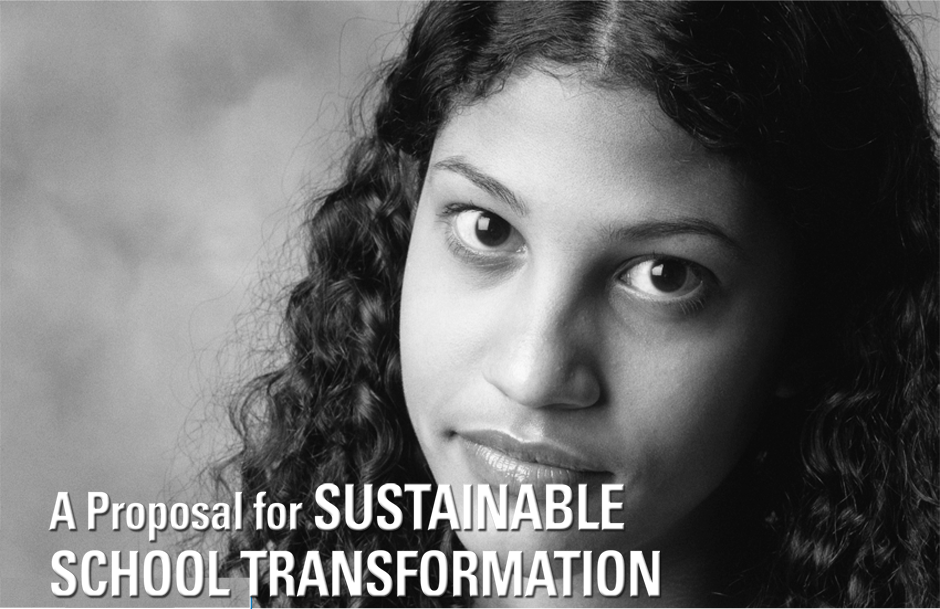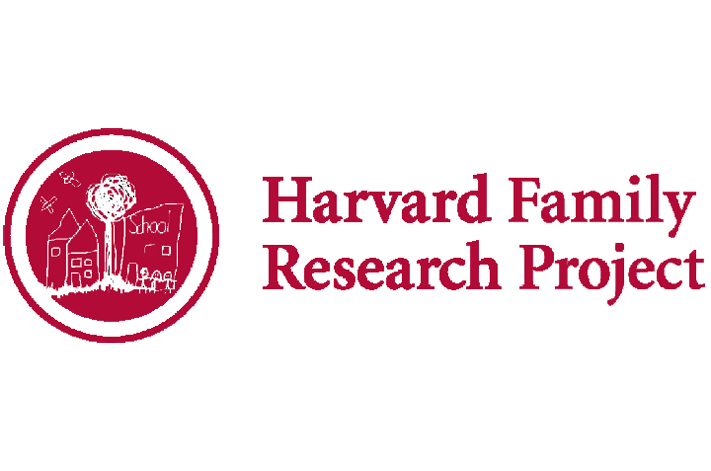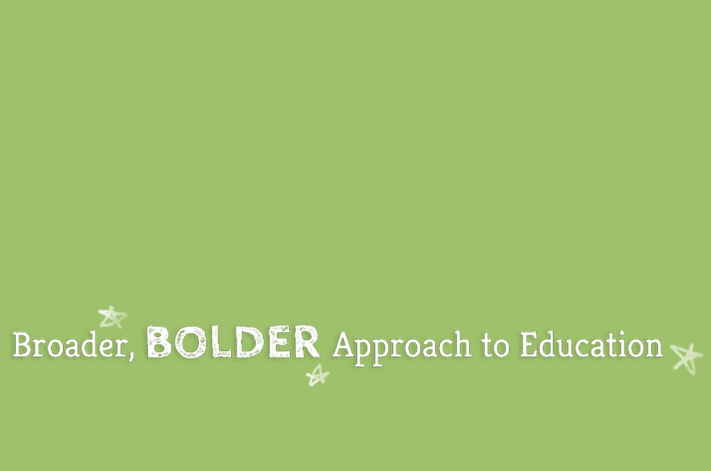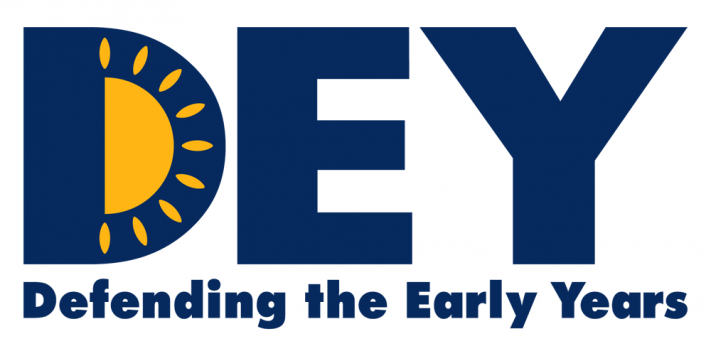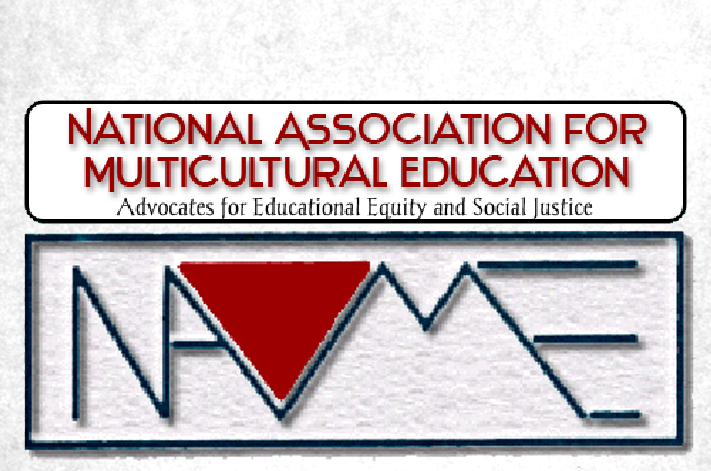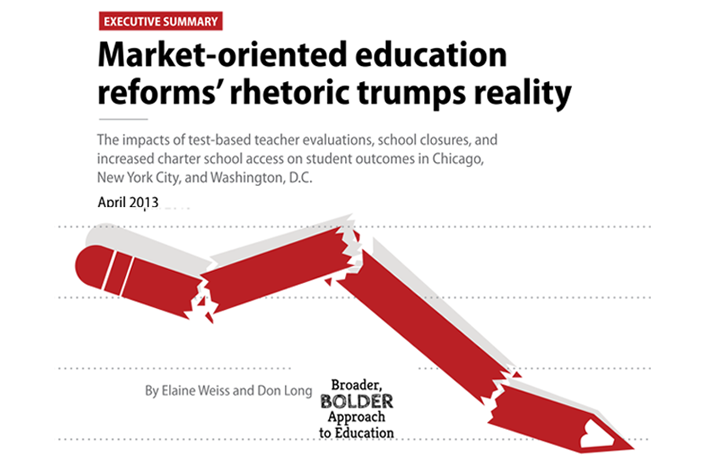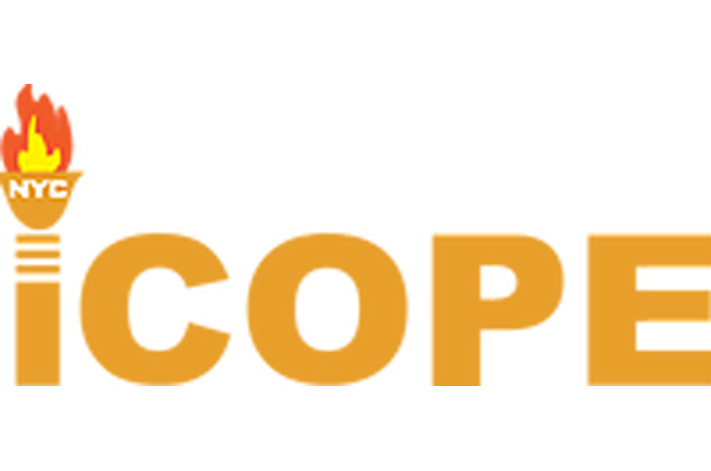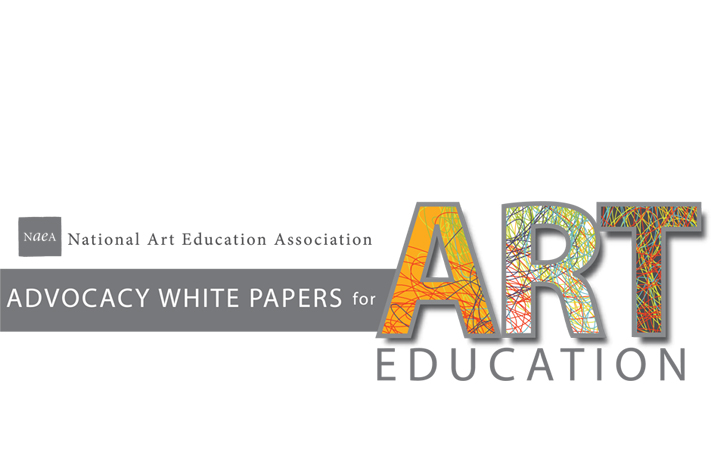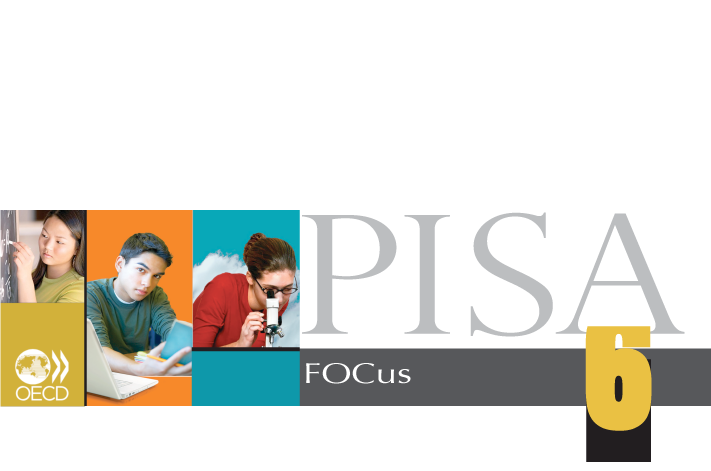Project Description
Sustainable School Transformation — OUR CHILDREN ARE NOT COLLATERAL DAMAGE!
For Further Perspective, please ponder and Download A Proposal for Sustainable School Transformation. Communities for Excellent Public Schools. July 2010
The Sustainable Success Model. Communities for Excellent Public Schools. July 2010
For decades, schools that serve African American and Latino students have been denied their fair share of education resources. Without libraries, without a full range of college, career and enrichment course offerings, without counselors or supported teachers, students in our urban districts have had little to no opportunity to meet their full potential. Now, corporate education reformers are destroying our public schools altogether, closing them, turning them over to private management, firing our teachers and squeezing education budgets in the name of “reform.” This assault on public education is happening almost exclusively in communities of color. It must stop.
Closures, charters, firing teachers and other “dramatic interventions” haven’t worked in the past, and they aren’t working now.
When Congress reconvenes in January 2012, and as President Obama begins his second term, it is time to build a new path to quality education.
The Journey for Justice is a national mobilization to demand an end to discriminatory assaults on public education and a new approach to school improvement. We oppose the wholesale closure of public schools. We oppose the destabilizing, top-down interventions required by the federal School Improvement Grants (SIG) program. These interventions not only don’t improve students’ educational outcomes, they destabilize our communities, increase violence, and shut out democratic voices in public education. Diane Ravitch recently stated that when you close a school it is like “sticking a knife in the heart of a community.” This is not school improvement. But we have a plan.
Two years ago, Communities for Excellent Public Schools (CEPS), a campaign waged by 35 community-based organizations in low-income communities of color across the country, developed “The Sustainable Success Model” – a call for locally controlled design for school improvement. That campaign ended when Congress failed to act on reauthorization of the Elementary and Secondary Education Act in 2011. Many of the groups that now make up the Journey for Justice were part of that effort. And we stand by the Sustainable Success Model. As Congress reconvenes, President Obama begins his second term and Secretary Duncan contemplates how to move forward with school improvement, we who are directly impacted are calling with renewed urgency, for change.
The Sustainable Success Model requires school districts to:
- Undertake a comprehensive needs assessment—done in partnership with parents, educators, students and community members—so that local solutions are tailored to local problems,
- Implement research-based instructional and educational reforms,
- Address essential social, emotional and physical needs of students, and
- Recognize parent, student, and community leadership as key to sustainable student success.
The Journey for Justice is calling on Congress, and the Department of Education to implement The Sustainable Success Model as a fifth option under SIG. We believe it offers more comprehensive and lasting improvement..
Key Provisions of the Sustainable Success Model for School Improvement
A growing body of research shows that parent and community buy-in and support are essential to sustainable school transformation. Our proposal calls for:
- Timely and meaningful notification of parents that their school has been designated or identified for transformation, and a school site meeting to inform parents of options;
- Local “School Transformation Teams” made up of parents, students, community members and school staff with the power to design and implement a reform plan with the support of state and district resources.
- A comprehensive, full-year process of assessment and planning so that reforms are tailored to the specific needs of the school;
- A requirement that ongoing parent and community engagement be part of the reform plan.
In order to close the achievement gaps that exist in our schools, school improvement must be comprehensive and research-based. In addition, schools must allow, support and model a collaborative work environment focused on optimal teaching and learning conditions. Our proposal calls for:
- A well-rounded, culturally relevant and enriched college and career-preparatory curriculum available to all students;
- The use of research-based strategies for instruction, school organization and student support;
- Staffing structures that facilitate collaboration and the development of a professional learning;
- The use of data to inform and differentiate instruction;
As critical as good teachers are to improving student achievement, students cannot learn to their full potential when they are hungry, exhausted or ill; when their parents cannot support them at home, or when they feel unsafe or disrespected in school. Sustainable Success requires a full range of supports available to students and their families. Our proposal requires:
- An assessment process to identify students’ non-academic needs, and asset mapping to determine possible providers and partners in service delivery;
- College and career counselors to support students in developing post-graduation plans;
- Collaboration and partnerships with community and corporate providers to ensure that students’ health and emotional needs are met;
- Extended school days and years, to provide students with additional academic supports, and to provide teachers with (and fully compensate them for) more time for planning and collaboration.
Trujillo, T. & Rénee, M. (2012). Democratic School Turnarounds: Pursuing Equity and Learning from Evidence. Boulder, CO: National Education Policy Center. Retrieved 12-18-12 from http://nepc.colorado.edu/publication/democratic-school-turnarounds .
